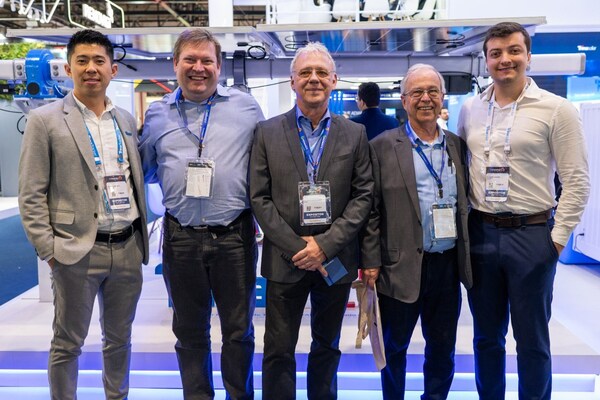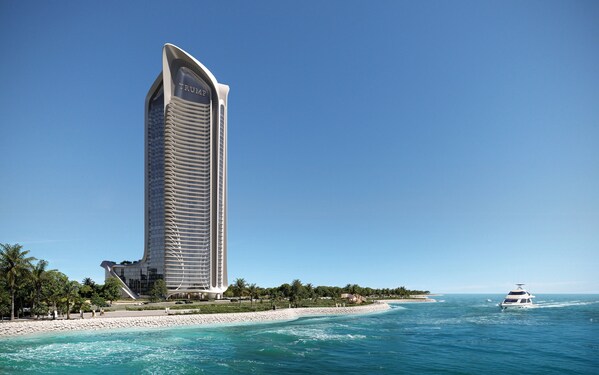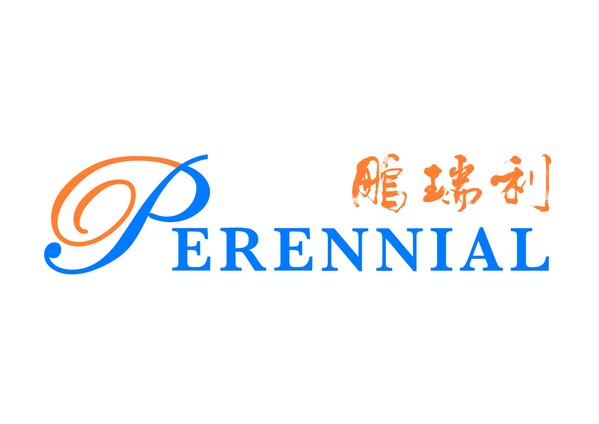Divine Offerings: Shinon Washoku Senryū Brings Spiritual Japanese Cuisine to Osaka
Experience Washoku as a Sacred Connection Between Humanity, Nature and Tradition
OSAKA, Japan, Dec. 17, 2024 /PRNewswire/ — As Osaka prepares to host the highly anticipated Expo 2025, the city welcomes an extraordinary new dining experience, Shinon Washoku Senryū (https://shinon-washoku.com/en/). The restaurant, operated by SENRYU Inc., opens on Thursday, December 19th, 2024, in Osaka’s commercial hub, Umeda.
Shinon Washoku Senryū aligns with the Expo’s theme of “Designing Future Society for Our Lives.” Its innovative concept bridges UNESCO-designated traditional Japanese cuisine, known as Washoku, with Osagari, the profound culinary tradition of sharing sacred offerings with the gods. Each month, the restaurant’s chefs and staff visit Nishinomiya Shrine, the head shrine dedicated to Ebisu, the deity of good harvests and prosperous businesses. During the visit, they pray, receive blessings and have ingredients, knives and auspicious items purified through a special prayer ritual at the shrine. To further deepen their understanding and build on this extraordinary dining experience, there are select days when guests are invited to attend the ceremony at an extra cost.
The roots of this meeting of fine food and spirituality can be traced back to the traditions of SENRYU Inc.’s owning family. Yasuyuki Kibayashi, the second-generation owner, dedicated 50 years to running successful izakayas. In his eighties, he began to ruminate on eating as a spiritual act. His successor, Yoshinori Kibayashi, was inspired by this idea. He envisioned incorporating SENRYU Inc.’s 114 years of restaurant heritage with a cuisine that connects humanity to nature and the divine. Now, his vision is brought to life through a new culinary style: Shinon Washoku.
The concept was named under the guidance of a Shinto priest from Ise Jingu, one of Japan’s most important shrines. “Shinon” conveys the belief that to eat is to partake in life’s natural cycles and connect with ancestors. It is rooted in Shinto’s ideas that everything in this world is both a deity and a gift from the gods. “Washoku” is characterised by balanced flavours, seasonal and local ingredients, and ritualistic elements of its consumption.
At Shinon Washoku Senryū, guests are invited to connect with the life they are about to receive through their meal. Ingredients are handled by the chefs in the spirit of prayer, ensuring each meal becomes a gift of a blessed connection.
The menu changes monthly to feature the finest seasonal ingredients. It features Shinon Kaiseki courses and Chef’s Selection Shunkei, each showcasing a harmonious balance of flavours and artistry. A standout is the Shinon Mochi and Sake Pairing Set. This rare dining concept features mochi, rice cakes once offered to the gods at Nishinomiya Shrine, prepared by the head chef in five ways that each reflects authentic flavours of Japan, such as premium miso spread on mochi. This dish is paired with a sake-tasting set, enhancing the experience of this symbolic food. For those seeking flexibility, à la carte options are also available.
Shinon Washoku Senryū offers guests a dining experience that goes beyond food, inviting them to:
- Experience the Cycle of Nature: Through gratitude rituals and masterful preparation, each dish celebrates the natural cycle of life and the bond between humanity and the earth.
- Engage with Local Craftsmanship: The restaurant uses Sakai Takayuki knives, renowned works of art forged in Sakai City, Osaka. These beautiful pieces are engraved with intricate depictions of the deity Ebisu and seabream, an auspicious fish in Japan. The knives are ceremonially purified at the shrine to prepare Shinon Washoku Senryū’s divine offerings. Guests can purchase these extraordinary knives from the restaurant.
- Discover Auspicious Treasures: Each room features symbols of good fortune, such as representations of the Seven Lucky Gods and the handprint of a sumo Yokozuna, honouring the five grains harvest ritual. Yoshinori Kibayashi believes the seven lucky gods represent diversity, as the gods hail from Japan, China and India.
“Through Shinon Washoku, we aim to share the flavours of Japan and the spirituality that connects us to nature and the divine,” said owner, Yoshinori Kibayashi. “As we look toward a sustainable future, our cuisine conveys the spirituality born from the way Japanese, nurtured by tradition, engage with the gods and nature through food.”
A Model for Sustainable Symbiosis
As global challenges like environmental degradation and population growth escalate, Shinon Washoku Senryū offers a model for sustainable living. By honouring traditional culinary arts and embracing modern perspectives, the restaurant embodies Japan’s commitment to achieving the Sustainable Development Goals (SDGs) by 2030.
About Shinon Washoku Senryū
Shinon Washoku Senryū is owned and operated by SENRYU Inc., founded in 1910, which operates seven restaurants in the Osaka area. Shinon Washoku Senryū is the result of more than a century of the Kibayashi family’s dedication to Japanese tradition and spirituality. Under the stewardship of Yoshinori Kibayashi, Shinon Washoku introduces a sacred style of cuisine that bridges the past and the future. This unique dining destination celebrates washoku, spirituality, and sustainable harmony with nature.
More information about Shinon Washuko is available at https://shinon-washoku.com/en/
Reservation:
English: https://res-reserve.com/en/restaurants/shinon-washoku
Simplified Chinese:https://res-reserve.com/zh-CN/restaurants/shinon-washoku
Traditional Chinese:https://res-reserve.com/zh-TW/restaurants/shinon-washoku
Instagram:https://www.instagram.com/shinonwashoku/
News Release (PDF):
https://bluemoonmarketing.jp/wp-content/uploads/2024/12/Shinon-Washoku-Senryu-Press-release.pdf
Factbook:
https://bluemoonmarketing.jp/wp-content/uploads/2024/12/FactBook_Shinon-Washoku_2024.12.pdf















